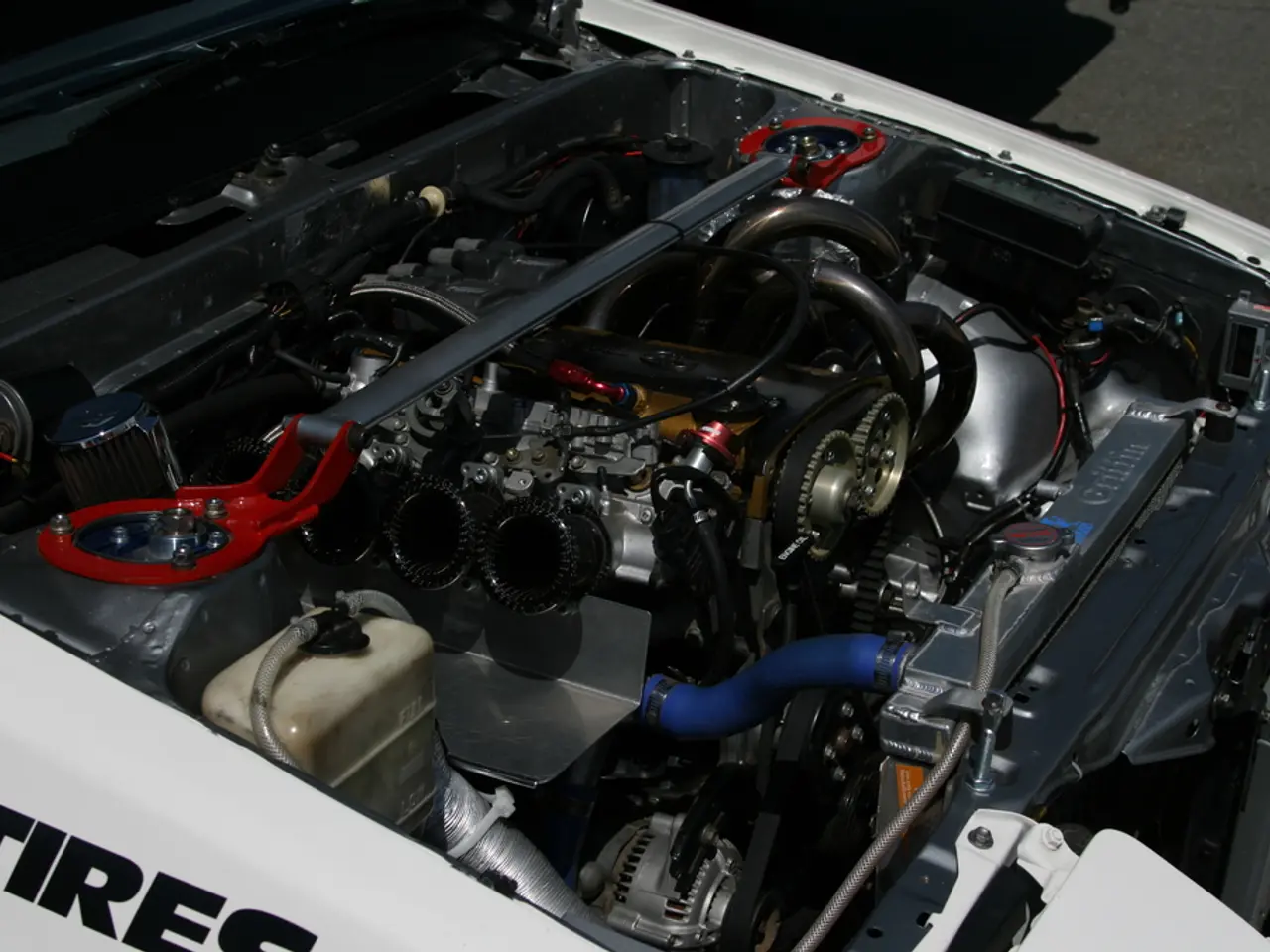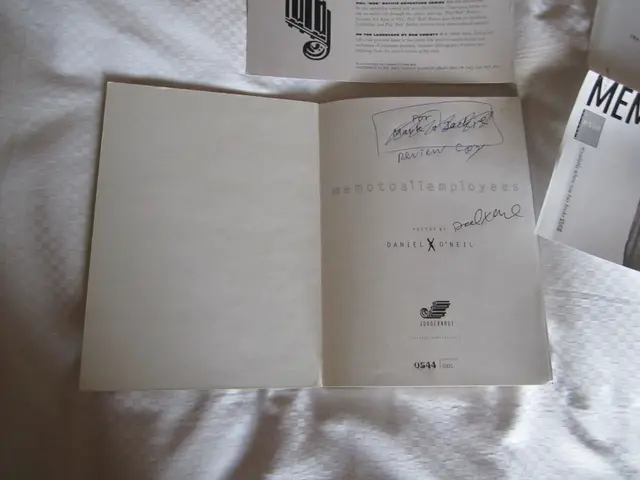Testsconducted by QinetiQ demonstrate that LMFP cells have surpassed the 1,000-cycle threshold in their performance.
Integrals Power's Second-Generation LMFP Batteries Show Promise for Electric Vehicles
Integrals Power's latest Lithium Manganese Iron Phosphate (LMFP) batteries have demonstrated impressive results in preliminary tests, showcasing a distinct performance improvement over their first-generation counterparts.
The tests, conducted by QinetiQ, revealed that these new batteries have an impressive 30% less internal resistance than the initial LMFP batteries, offering enhanced performance and extended operational range. This development is particularly significant for electric vehicles (EVs), as it could potentially lead to longer driving ranges or smaller battery packs for the same range.
The LMFP batteries, which are manufactured at Integrals Power's UK pilot plant, boast a class-leading 80% manganese content. This high manganese content is credited for improving energy density by up to 20% compared to conventional Lithium Iron Phosphate (LFP) batteries. This increase in energy density not only enables greater EV driving range but also maintains lower cost and better safety than nickel manganese cobalt (NMC) chemistries.
The benefits of Integrals Power’s LMFP technology are numerous. The higher energy density allows for longer EV ranges or smaller battery packs for the same range. The cost-effectiveness is another advantage, as LMFP delivers improved performance without the higher cost of NMC batteries. The enhanced safety is a crucial factor, as LMFP retains the inherent safety advantages of LFP chemistry, reducing thermal risk compared to nickel-rich cathodes.
Moreover, LMFP batteries reportedly have 23% less range loss in cold conditions compared to LFP, improving usability in diverse climates. The batteries have also shown high durability, achieving over 1,000 cycles with stable capacity, indicating their suitability for long-life EV use.
Integrals Power's LMFP cathode materials are sourced from Europe and North America, a strategic move considering the increasing importance of development and localisation of battery materials within the UK and Europe due to new export controls on LFP and LMFP cathode technologies from China.
Integrals Power is actively advancing LMFP technology to enable more affordable, longer-range, and safer EV batteries. The company is also targeting applications such as electric trucks, with partners like Windrose and NantG Power leveraging LMFP to achieve ranges up to 500 miles per charge.
In conclusion, Integrals Power’s LMFP cells represent a promising step forward in EV battery technology. They combine enhanced energy density, safety, cost, and durability benefits, positioning LMFP as a compelling alternative to both traditional LFP and higher-cost NMC batteries for electric vehicles and other energy storage applications.
[1] Integrals Power Press Release: "Integrals Power's LMFP Battery Cells Achieve 1,000 Charge-Discharge Cycles During Testing by QinetiQ" [2] Electrive.com: "Integrals Power's LMFP Battery Technology: A Promising Alternative for Electric Vehicles" [3] CleanTechnica.com: "Integrals Power's UK Pilot Plant: A Boost for Zero-Emission Battery Production" [4] BatteryJournal.com: "The Role of LMFP in the Future of Electric Vehicle Battery Technology" [5] BatteryInsider.com: "The Durability and Performance of Integrals Power's LMFP Batteries"








